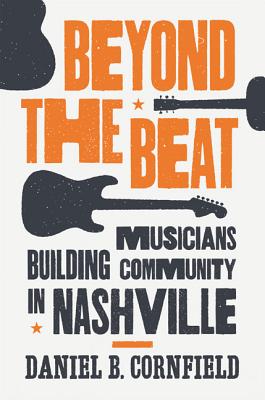Expedite your nonfiction book discovery process with Readara interviews, summaries and recommendations, Broaden your knowledge and gain insights from leading experts and scholars
In-depth, hour-long interviews with notable nonfiction authors, Gain new perspectives and ideas from the writer’s expertise and research, Valuable resource for readers and researchers
Optimize your book discovery process, Four-to eight-page summaries prepared by subject matter experts, Quickly review the book’s central messages and range of content
Books are handpicked covering a wide range of important categories and topics, Selected authors are subject experts, field professionals, or distinguished academics
Our editorial team includes books offering insights, unique views and researched-narratives in categories, Trade shows and book fairs, Book signings and in person author talks,Webinars and online events
Connect with editors and designers,Discover PR & marketing services providers, Source printers and related service providers

Beyond the Beat: Musicians Building Community in Nashville
Social Science > Sociology - General
- Princeton University Press
- Paperback
- 9780691183398
- 9.21 X 6.14 X 0.53 inches
- 0.8 pounds
- Social Science > Sociology - General
- (Single Author) Asian American
- English
Readara.com
Book Description
At a time when the bulwarks of the music industry are collapsing, what does it mean to be a successful musician and artist? How might contemporary musicians sustain their artistic communities? Based on interviews with over seventy-five popular-music professionals in Nashville, Beyond the Beat looks at artist activists--those visionaries who create inclusive artist communities in today's individualistic and entrepreneurial art world. Using Nashville as a model, Daniel Cornfield develops a theory of artist activism--the ways that artist peers strengthen and build diverse artist communities.
Cornfield discusses how genre-diversifying artist activists have arisen throughout the late twentieth-century musician migration to Nashville, a city that boasts the highest concentration of music jobs in the United States. Music City is now home to diverse recording artists--including Jack White, El Movimiento, the Black Keys, and Paramore. Cornfield identifies three types of artist activists: the artist-producer who produces and distributes his or her own and others' work while mentoring early-career artists, the social entrepreneur who maintains social spaces for artist networking, and arts trade union reformers who are revamping collective bargaining and union functions. Throughout, Cornfield examines enterprising musicians both known and less recognized. He links individual and collective actions taken by artist activists to their orientations toward success, audience, and risk and to their original inspirations for embarking on music careers.
Beyond the Beat offers a new model of artistic success based on innovating creative institutions to benefit the society at large.
Author Bio
Daniel B Cornfield is professor of Sociology at Vanderbilt University and the winner of Harvie Branscomb Distinguished Professor Award and elected member, Sociological Research Association and Fellow of Labor and Employment Relations Association.
Over the last half-century, the transition from manufacturing toward a two-tier service economy has been accompanied by the individualization of risk and sharpening income inequality. These trends have diminished societal capacity for addressing the marginalization of social and cultural minorities, and for realizing inclusive, diverse, democratic communities.
I am presently engaged in two research projects. The first is a book project on how pre- and post-movement biographical and occupational trajectories of 1960-era Nashville civil rights activists, trained in non-violence in movement workshops, contributed to the continued mobilization of the civil rights movement and the diffusion of movement messages of non-violence and social integration. This is a collaborative project with Professors Larry Isaac and Dennis Dickerson and the Reverend James M. Lawson, Jr.
The second project—“Diversity, Equity and Inclusion Policies and Practices in Local Arts Agencies in the United States”—addresses organizational and contextual determinants of variations in DEI grantmaking policies and practices across more than 500 U.S. local arts agencies. The project is conducted in collaboration with Americans for the Arts and the Vanderbilt University Curb Center for Art, Enterprise and Public Policy, with funding from the National Endowment for the Arts.
Source: Vanderbilt University
Videos
No Videos
Community reviews
No Community reviews

